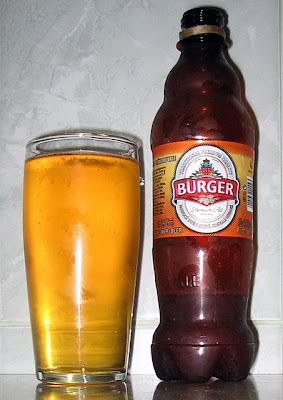modern plastics have come along way, especially in the last couple years after the Bispahenol A recalls. More and more of the new bottles coming out are made of the same stuff as the better bottles. In fact the company that made better bottles started making bottles for the water cooler industry. Some water companies even advertise they are using better bottles for their products. And some of the water better bottles have ended up at homebrew shops mis labled, there was even a thread on that here a couple years ago, iirc the OP called the BB company and they said they got mixed up in the warehouse, but they are the same bottles, just that the water bottles are stamped "not for re-use" and some other legal mumbo jumbo, but they are the same bottles.
There's just too many variables in plastic water bottles these days, since so many companies changed their plastics a couple years ago so we wouldn't grow man-boobs due to BPA, to be able to make a blanket statement like "they're oxygen permeable" anymore.
That might have been the truth 5 years ago, but there's been some leaps in the industry the last few years. Heck even the BMC brewers started putting their beers in plastic bottles for ballparks and stuff not to long ago, and THEY did that becasue of the leaps in plastic bottle technologies. I posted an article about that on here a couple of years ago, when I think miller started bottling with them.
It all depends on the bottles, but it's no longer as cut and dried as many people think.









